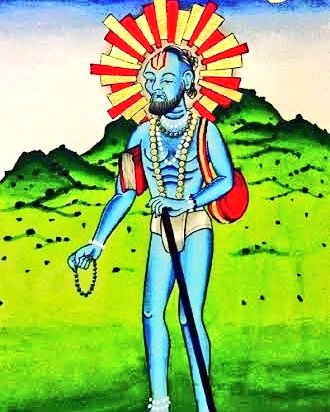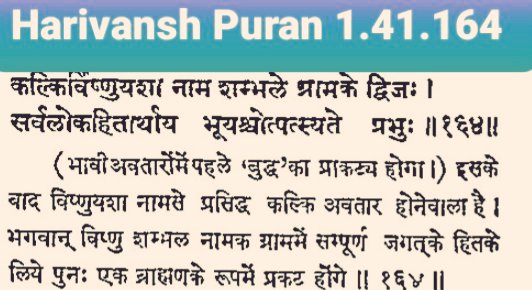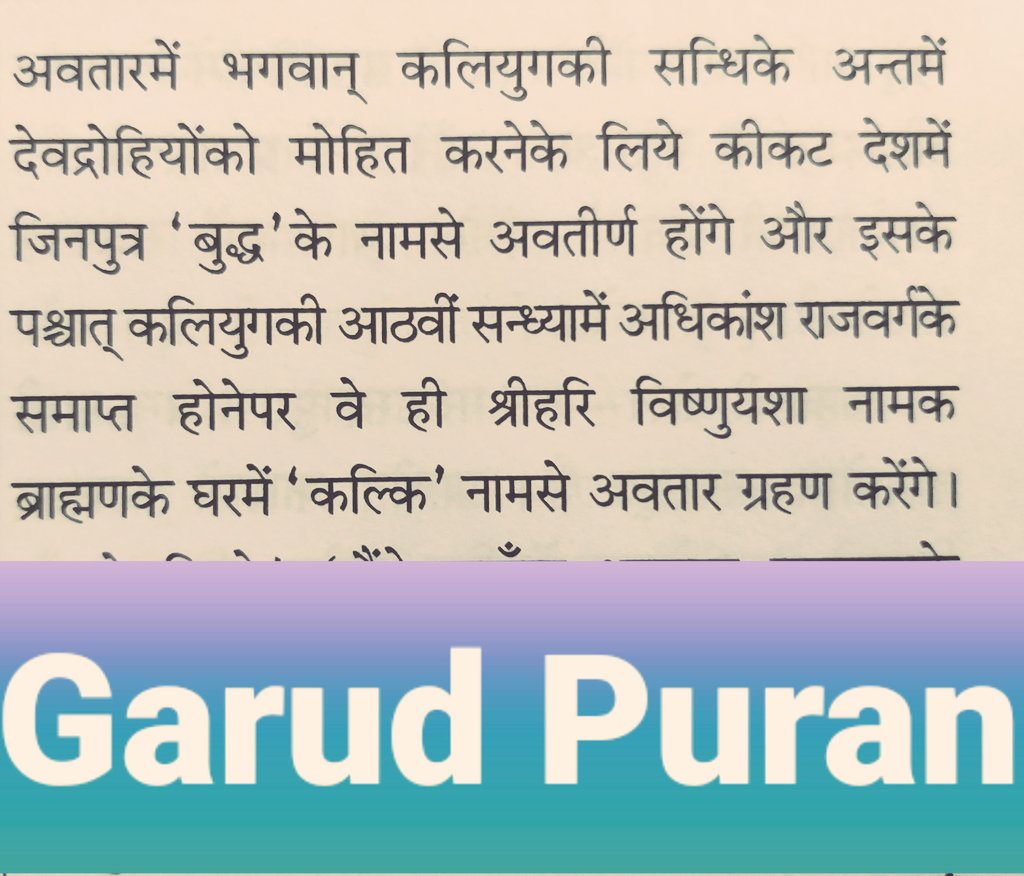#Ramayana #LecturesOnTheRamayana
In today's thread and perhaps some subsequent threads, we will start looking into Rama as a person. The author clearly tries to bring out the human aspect of Rama captured beautifully in some of the verses.
1/
Please note, the discussion is NEVER challenging the supreme divinity of the person, but tries to capture the nuances or the finer points of the Bhagwan.
Sri Rama had extra-ordinary merit - Unequalled, Unmatched merit. He always remained at his own highest level.
2/
He seldom fell below it at times, wherein one can spot the conditions that led to the decline. In these conditions, he did & said things that his own higher nature would never approve.
Sri Rama was indeed the guardian and embodiment in himself of Dharma.
3/
Some incidents bring out the very best in him where he is able to uphold his own moral ideal.
For ex, when Vibhishina sought asylum, he held a council of war with all eminent counsellors. Except Hanuman whose advice was considered weak, rest all including Lakshmana ..
4/
recommended him to reject Vibhishina, with a few even ordering killing him.
He listened to this charged conversation (a skill where we humans utterly lack today) & said the famous words:
" No man shall seek my protection in vain. No matter who, how undeserving, how wicked..
5/








